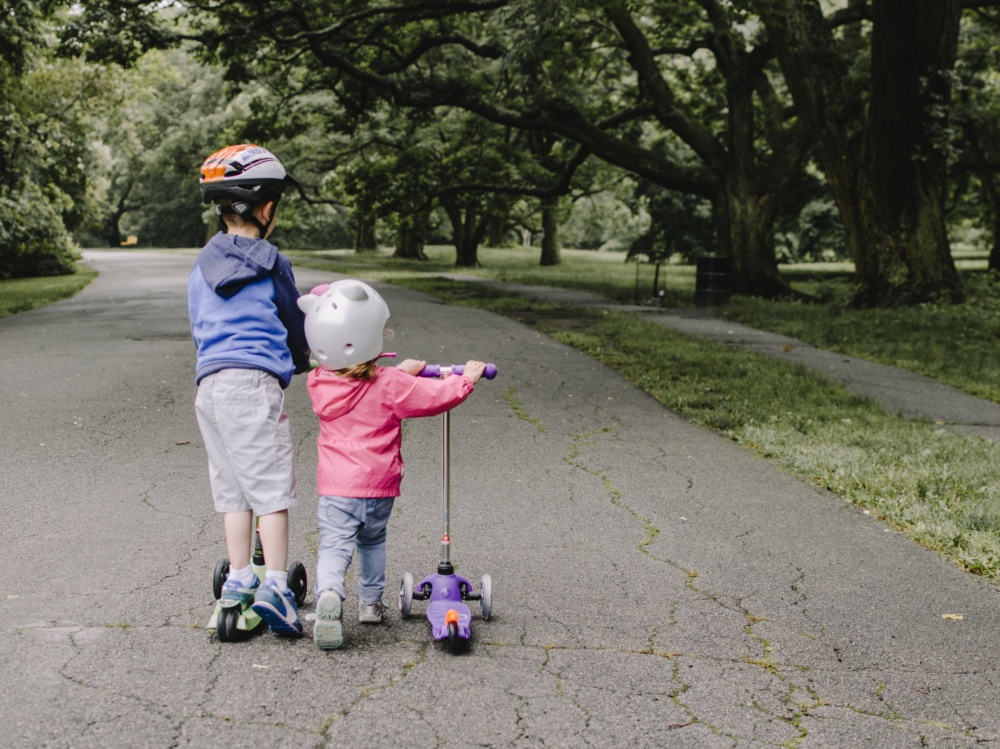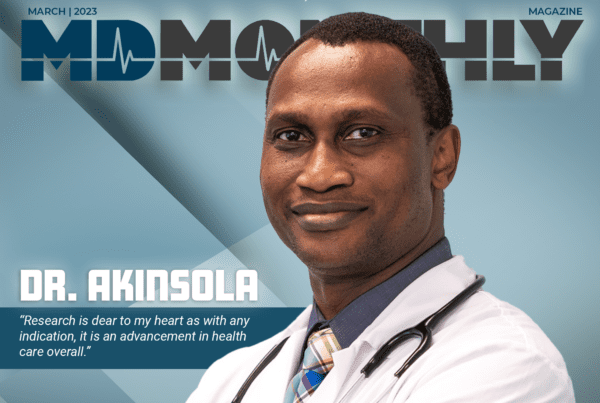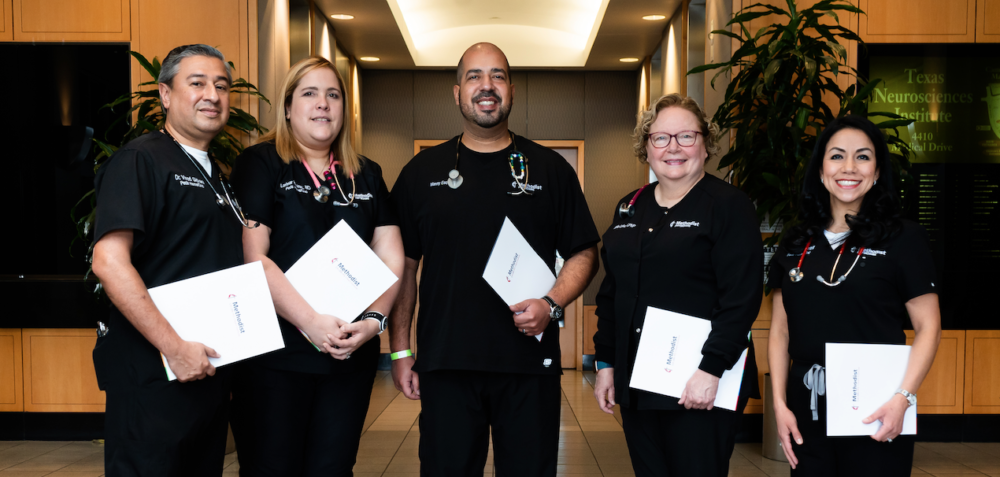Heads Up on Preventing Brain Injuries
By Dr. Michael Fuentes
From paper boys hustling through their paper routes at the crack of dawn to families taking a Sunday afternoon cruise through the neighborhood, bike riding is one of America’s favorite past times. But every year, according to the Centers for Disease Control and Prevention, 26,000 bicycle-related injuries to children and adolescents result in traumatic brain injuries.
A brain injury suffered by a child has a more devastating impact than the same severity of brain injury suffered by an adult. Unlike an adult’s brain, a child’s brain is continuously undergoing development, so it’s more susceptible to injury. When a child experiences a brain injury, it can alter, or even halt, certain developments of the brain. A lot of times, however, the effects of a brain injury suffered by a child don’t become apparent until later in life when more critical thinking and social interaction is required.
A brain injury is any disruption of the normal function of the brain, usually caused by a blow or jolt to the head. The most common brain injury, especially in children, is a concussion.
Symptoms of a concussion may include:
- Difficulty thinking clearly, concentrating or remembering things
- Feeling “slowed down,” tired, having no energy
- Blurry vision
- Headaches
- Nausea or vomiting (close to when the injury occurs)
- Dizziness and balance problems
- Sensitivity to light
- Irritability, sadness, nervousness, or in general, more emotional than usual
- Change in sleeping habits – more or less than usual, or having trouble falling asleep
If you suspect your child has a concussion, contact your physician and give him or her plenty of rest. A concussion causes torn or stretched brain cells that need the body’s energy to heal. So, rest is essential. Beyond rest, the most beneficial treatment of a concussion is to slowly reintroduce simple physical and cognitive activities into your child’s life with the help of a healthcare professional.
Even if your child is a daredevil, there are several easy ways to help prevent concussions and other brain injuries while your child is riding a bike:
- Properly Fitted Helmet – wearing a properly fitted helmet every time you and your child ride a bike is the main way to prevent brain injury.
- Follow the Rules of the Road – by teaching your child to go with the flow of traffic on the right-side of the road, what hand signals to use and when, and what the different traffic signs and signals mean can help your child stay safe.
- Reflectors – attach a front headlight and a rear red reflector to your child’s bike. If your child is riding beyond daylight hours, have him or her wear reflective clothing.
If your child doesn’t want to wear a helmet, try to figure out why. He or she may be uncomfortable with the helmet because of the size, unattractiveness, or if it’s too hot. If so, find a helmet that your child is comfortable wearing.
Be a role-model to your child. Go biking as a family and practice biking skills and safety together. Wear your properly fitted helmet, follow the rules of the road, and attach reflectors to your own bike so that your child can witness biking safety first-hand. By using these safety precautions, you can help prevent brain injuries in not only your child but yourself, as well.
Board-certified in physical medicine & rehabilitation, Dr. Michael Fuentes is the Medical Director of Corpus Christi Rehabilitation Hospital. The hospital provides specialized rehabilitative care to patients recovering from disabilities caused by injuries, illnesses, or chronic medical conditions. For more information, visit CCRH.ernesthealth.com, call 361-906-3700 or visit the hospital at 5726 Esplanade Drive, Corpus Christi, Texas.
Corpus Christi Rehabilitation Hospital provides specialized rehabilitation services to patients recovering from or living with injuries, illnesses, or chronic medical conditions. The hospital has earned The Joint Commission’s Gold Seal of Approval for its Stroke Rehabilitation program. For more information, visit CCRH.ernesthealth.com.
5726 Esplanade Dr • Corpus Christi, Texas 78414 • (P) 361.906.3700 • (F) 361.906.3797








Recent Comments